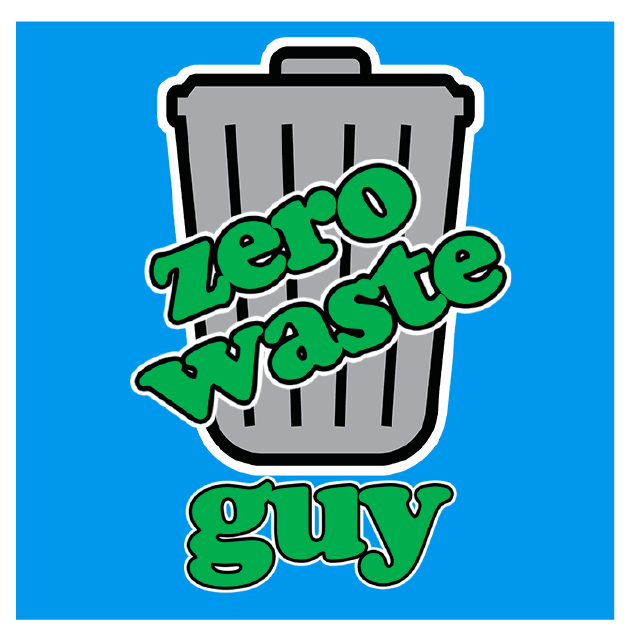When it comes to upcycling, we have it all wrong. As the term is currently used, it means to take something that is about to be thrown away and give it new life by refurbishing it. Sprucing up that old card table so it lasts a few years is great…I am all about extending the lives of items, but it doesn’t solve the original problem: The material that card table is made from is not recyclable. Okay, maybe the aluminum legs and frame are, but the table surface itself, wrapped in plastic and treated with chemicals is not. And if you decided to paint any of the metal when you refurbished it, now none of it is recyclable.
When I read about all that we are doing to conserve our natural resources, the focus tends to be on extension-of-life decisions. When I consulted with trash hauler Republic Services on their $10M hauling contract with the Los Angeles Unified School District (LAUSD), what I discovered was shocking. Children were forced to take food that was served whether they wanted it or not. Food they did not want would literally go from tray-to-trash, never even reaching their table. Some schools (against policy) allowed parents to take extra food home and some had organizations in line to accept donations, but even those were few and far between. Most extra food, like uncut fruit and unopened packed goods goes into the trash straightaway.Conserving Our ResourcesIn typical conversations that I have with people, they suggest food donation programs to solve the problem of food waste, but donation programs are not good enough. At the time of the donation, the food in question has already been wasted. The child already decided that she did not want that piece of food. Without a donation program, she will throw that banana in the trash. With a donation program, she will throw it in another bin, which is better than the former, but not by much. She, a young, impressionable student who is still developing is being told that the food she eats has no value. Don’t want it? Throw it out!
Where WE Come In: We can learn a lot from analyzing the garbage of an organization, but extension-of-life decisions do not fix the real systemic problem: lack of knowledge. Go further up the supply chain, or as I say, up the cycle and make changes at the very beginning. Design the product with end-of-life in mind so that it is can be reused or recycled. In the case of LAUSD food waste, influence Congress to change the policies that encourage waste. If it will not be eaten, do not prepare it. Education people so they may make more informed decisions. Upcycle!
To learn more about the little things you can do to live a healthy, waste free life, visit zerowasteguy.com.

Ah Jon!! Love you Blog!!!
I'm glad you enjoyed it, Jean! 🙂